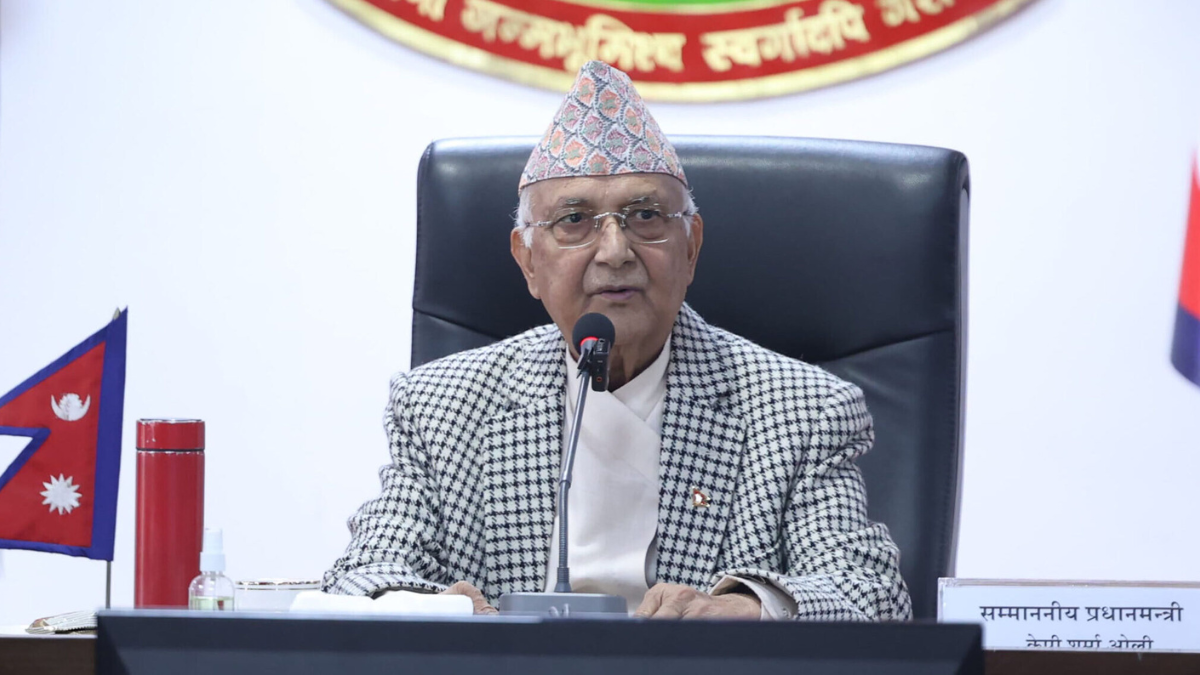Kathmandu, Nepal – Prime Minister KP Sharma Oli told reporters on Thursday that it is “too early” to know whether six temporary laws introduced by the government will be approved by Nepal’s parliament. The Prime Minister shared this while answering questions at the Federal Parliament Building in Kathmandu.
The temporary laws, called ordinances, were issued by the government during a break in parliament meetings. Ordinances act like quick decisions made by the government when parliament is not in session. However, they must later be approved by lawmakers to become permanent. Now that parliament’s winter session has begun, these six ordinances must be reviewed and voted on by members of the House.
When asked about the likelihood of the ordinances being passed, PM Oli said, “The time has not yet come to count the quorum.” A quorum refers to the minimum number of lawmakers required to be present in parliament to hold a vote. His comment suggests that formal discussions or voting on the ordinances have not yet started, making it too soon to guess the outcome.
The government has not shared details about what the ordinances cover, but such laws often relate to public welfare, education, or security. Until parliament votes, the ordinances remain temporary.
Political experts say the delay in addressing the ordinances could spark debates, as opposition parties often scrutinize such decisions. For citizens, the approval process matters because these laws could impact daily life, from school policies to healthcare services.
The winter session of parliament will continue in the coming weeks, and lawmakers are expected to prioritize discussions on these ordinances. Meanwhile, PM Oli’s remarks have left many wondering whether the government’s temporary laws will face smooth approval or heated debates.

